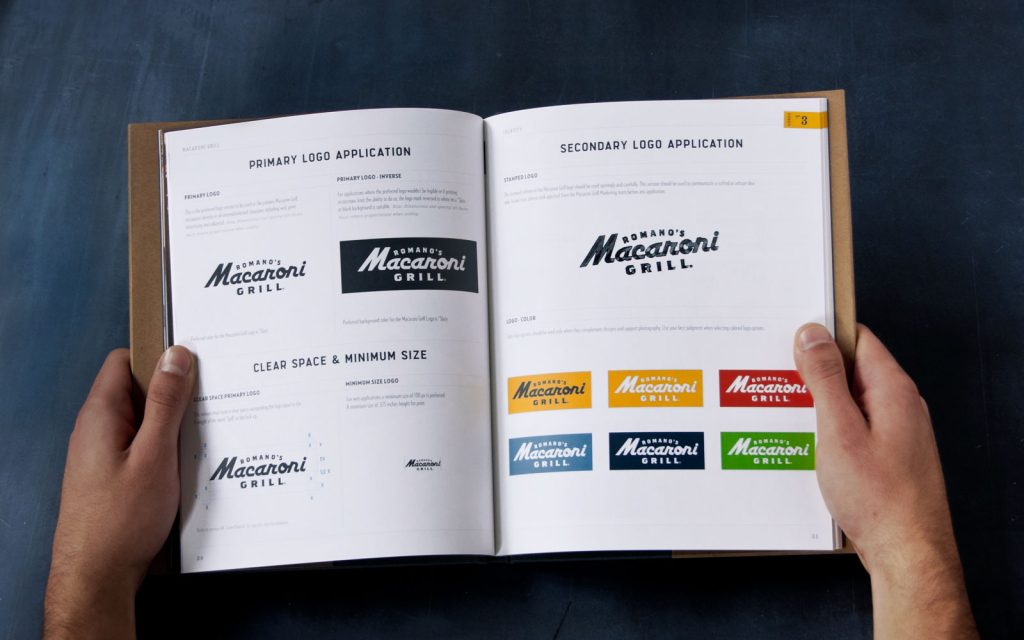After assisting many of our clients with achieving their brand identity goals, we began to make a list of common problems that we’ve encountered with startups or company’s who were looking to brand or rebrand their identity. One of the most important decisions that you can ever make prior to forming your business as a legal entity is failing to conduct thorough research and analysis on what you plan on naming it. Think of your business name as your baby because in all actuality that’s exactly what it is.
Sure, you want your business to be profitable and provide a sustainable income, but what is going to set it apart from competitors? What are some of the core values that your business should embody? Choosing the right name for your business can make all the difference between establishing trust with new clients or completely losing them altogether.
Furthermore, first impressions are lasting impressions and bad first impressions are difficult and costly to curtail especially if your company is gaining momentum in the wrong direction. Don’t believe me? Have you ever wondered why Danone changed the name from Custard to Danet? Danone chose to change the name of its products “to differentiate them a little at the point of sale” of other items in the same range: Custard in general and Danet in particular.
A good preplanning avoids many headaches
There’s a popular quote: “Prior planning prevents poor performance!”. Why? Because mistakes are costly! And no, choosing a business name may not result in such serious repercussions, however I am a firm believer in preventative maintenance.
So what’s the point to all this you ask? Well let’s delve deeper into how important choosing a name can be for your business. Following Danone’s example and how much they like to change their products names, we have the Danonino case. It is said that the rebranding was because petit suisse is the name of a fresh French cheese and they forced them to change the name. Be that as it may and no matter how much the firm has spent on marketing, and have put a dinosaur on the cover, Petit Suisse will always be called that and will be taken in pairs.
A small initial analysis will get you far
First let’s break down the name Comcast as a means of keyword analysis and relate our findings to search engine optimization. The name Comcast is a portmanteau of two generic words: communication and broadcast. The two generic words by themselves are quite common and I am willing to bet that these two words generate a substantial amount of volume or queries on search engines.
Now let’s play a small game of pretend. What if Comcast was really called Communication Broadcast, Inc. Now let’s say that you are starting your own telecommunications business and want to name your business The Communications Broadcast Network, Inc., but Communications Broadcast, Inc. (Comcast) has already commenced saturating your prospective market with a bad reputation for years. Uh oh? Now do you see the problem here?
Since your business is fairly new to the market and your business name shares keywords that are already in use with an established company with a bad reputation, you have really hurt your chances at successfully branding your business with a good first impression.
As a result of neglecting research, if a prospective client searches for “communications broadcast,” the search engine results page (SERP) links would more than likely show Communications Broadcast, Inc. (Comcast) with negative reviews and consumer complain reports along with their products and services. Thus making a successful first impression an even more toilsome battle for your new business to get a chance to rank on the first page let alone convert viewers into loyal customers. This issue becomes even more prevalent and increasingly difficult to solve when several businesses share the same keywords or too many generic keywords because you would have to compete with all of them.
Identified the problems, let’s see some solutions
Consider what are the goals and objectives of your company. You are clearly creating a business because you see a demand in your industry for a specific product or service. Come up with a list of descriptive words that align with the kind of company culture that you may want to create. Try and keep your business name unique and between a maximum of one to three words. And if you can only think of generic words try coming up with a portmanteau of your own. I know this sounds easier said than done so let me provide you with our business as an example.
When we started Pibeca Solutions, we wanted to design and develop technological solutions (webs, e-commerce, mobile applications) that made the work easier for people or that allowed them to disconnect and have fun. Eventually, our aspirations in the company grew with a focus on functionality and multimedia design (graphic design, logos, printing, newsletters…), as well as incorporating the new advances in technologies (Internet of Things, wearables, VR …). The problem was that we only came up with generic names (development solutions, technology solutions …), so we finally decided to keep the “solutions” part at the end and invented our own name: Pibeca (which is also the word we use in SEO).
In addition, our goal at Pibeca Solutions has always been to create solid business relationships that are like friendships. When you decide to entrust us with your brand, we will attempt to identify similar problems prior to designing a solution for you because good friends should be involved in helping you succeed.
We hope this article has been helpful. If you are still stuck, leave a comment in this post or contact us through our contact form. Personally, we are opposed to paying someone else to come up with the name for your business, however there’s nothing wrong with getting expert opinions.




